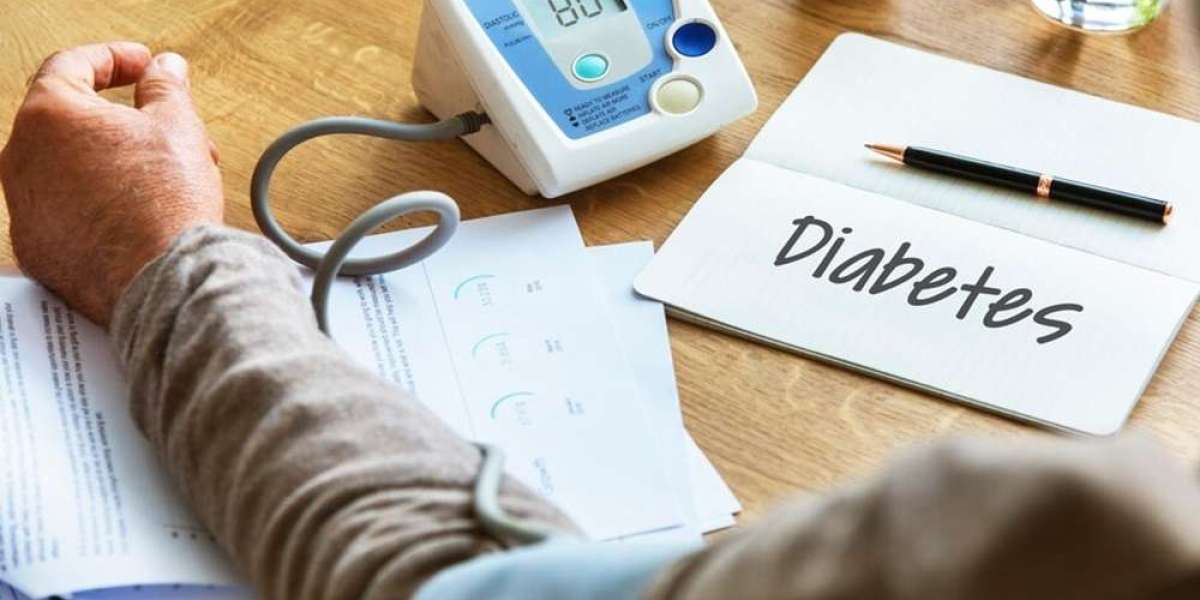Yet, despite its prevalence, many may not be aware of the symptoms or dismiss them as normal hormonal fluctuations. To keep every woman informed, in this blog, we will shed light on several symptoms of PCOD that should not be ignored and where one can get the best PCOD treatment in Mumbai. So, read on to learn more about PCOD.
What Is PCOD?
Polycystic ovarian disorder (PCOD) is a hormonal disorder common among women of reproductive age. As it is a severe disorder, early diagnosis and timely prevention are necessary to live a quality life.
Top 7 Signs of PCOD That One Must Not Ignore
The top signs of PCOD that one must not ignore are:
- Irregular Periods: A lack of ovulation can prevent the uterine lining from shedding every month. Some women with PCOS may experience fewer than eight periods a year or sometimes none at all.
- Hair Growth: As per the latest study by PubMed, more than 70 percent of women with PCOD grow hair on their face and body–including their belly, chest, and back. The condition of growing excess hair growth is called hirsutism.
- Heavy Bleeding: The uterine lining builds up for a more extended period, so the periods can be heavier than expected.
- Acne: An increase in male hormones can make the skin oilier than usual and cause breakouts in areas like the face, chest, and upper back.
- Weight Gain: According to The American College of Obstetricians & Gynecologists, upto 80% of women with PCOD are either overweight or suffering from obesity.
- Male Pattern-Baldness: With PCOD, hair on the scalp gets thinner and may fall out.
- Dark Skin Patches: Dark or thick skin patches on the back of the neck, in the armpits, or under the breasts.
Experiencing These Symptoms? Look For Treatment Options!
If someone is experiencing any of these symptoms, they can use surgical and non-surgical methods as prescribed by the gynecologist.
Non-Surgical Options: These include oral contraceptives, mild oral antibiotics, anti-androgens, infertility treatments, and lifestyle modifications.
Surgical Options: It involves ovarian drilling. A small incision is made near the belly button to insert a tube and inflate the belly with air. It creates space for a laparoscope, allowing the surgeon to view ovarian cysts. Surgical tools are then used with electrocautery or laser technique to drill or puncture the cysts associated with high androgen levels.
However, this surgical approach is uncommon and is used in women with PCOD/PCOS to induce ovulation. It’s only considered when infertility medications or lifestyle changes haven’t been successful.
Talk To A Gynaecologist Today!
PCOD is a common and severe hormonal disorder, making it hard for women to get pregnant. Not only that, but it also affects one’s way of living and overall health. If one is experiencing PCOD symptoms, one can consult Dr. Chaitali Mahajan Trivedi, a renowned gynaecologist in Mumbai. To book an appointment with her visit at Nanavati Superspeciality Hospital today!







